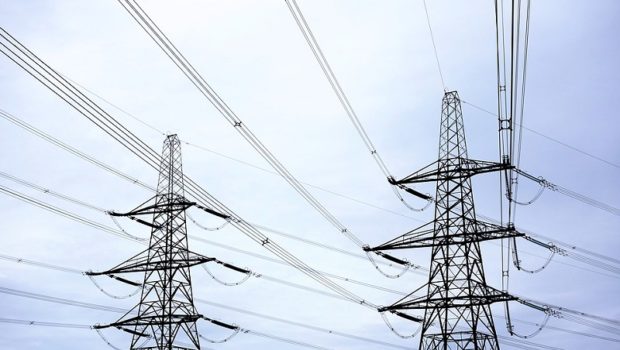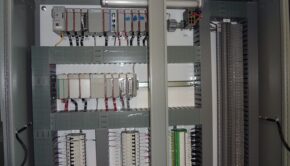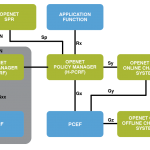What Exactly are the European Electrical Safety Standards?
The most important piece of European law, as far as product safety is concerned, is the General Product Safety Directive. Being a directive rather than a regulation (like the GDPR), the GPSD has no inherent legal power; rather it compels member states to meet an objective using whatever method they see fit.
Which European Laws govern Product Safety?
Additional guidance comes from other directives, and this is where standard electrical safety can be found. Examples include Equipment for Explosive Atmosphere (ATEX), Low Voltage Devices (LVD), Radio Equipment, and Restriction of Hazardous Substances (RoHS). The latter might be found on the rear of battery packs, power supply units and other electrical devices containing chemicals.
Most household appliances are governed by the Low Voltage Directive 2014/35/EU. Specifically, Low Voltage is taken to mean between 50 and 1000volts AC, which would cover everything plugged into a wall outlet. Among the items covered are the appliances themselves, along with any cabling and power supplies which might be considered external.
Since first being introduced, these laws have been developed and added to over time. For example, early standards governing domestic electrical appliances once incorporated a ‘limitation clause’, which excluded certain vulnerable people (including children and the elderly) from legal protection, unless they happened to be using the product while under supervision.
What about Right to Repair?
A recent change concerns the ‘right to repair’, a concept which is fast gathering support on both sides of the Atlantic.
At present, certain appliances can be rendered completely inoperable by relatively minor failings, because of a certain spare part not being available. From 2021, rules will come into force requiring manufacturers to keep spare parts in stock for up to a decade. This change has been driven not only by consumer complaints, but by environmental concerns – the appliances which are replaced rather than repaired often end up in landfills, and their manufacture contributes to avoidable CO2 emissions.
What Role do Product Technicians Play?
In order to ensure that every product in Europe meets the same basic standard of safety, some level of testing is required. This is where technicians (and ideally, specialised technicians) come into play. By subjecting a potential product to the same stressors that it would come up against out in the world, companies can be sure that they’ve met their legal and ethical obligations.
Testing doesn’t just occur prior to shipping, but afterwards, too. Simple tools like multi-meters are used to determine the performance of electrical faults, and to diagnose failures. They can be acquired by professionals and amateurs alike using RS Components.
As such, maintenance engineers also have a role to play. The safe use of any piece of equipment depends on it being manufactured to a given standard. But perhaps just as important is that the product remains at that standard throughout its lifespan. It is often impracticable for a product to endure in perfect working order indefinitely, but with proper maintenance a product’s lifespan can be extended vastly. The rules are designed so that products can be built to last, rather than to deteriorate to an unsafe level before needing to be replaced.
















